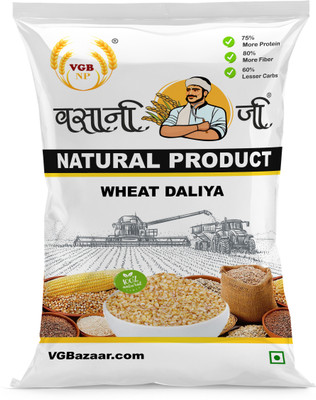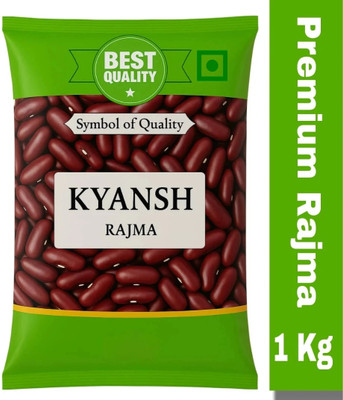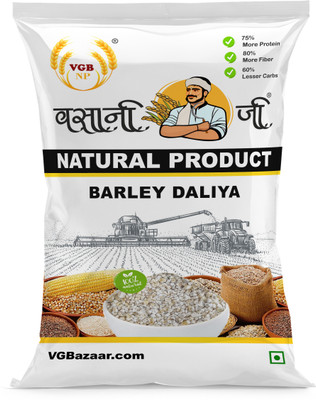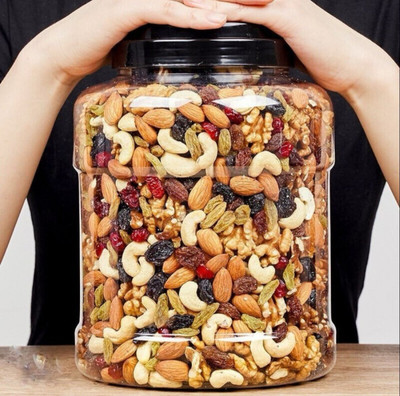

Sale ends in07 hrs : 47 mins : 35 secs
NATURE'S MILLENNIUM QUINOA 800G Quinoa (800 g)
Share
NATURE'S MILLENNIUM QUINOA 800G Quinoa (800 g)
Be the first to Review this product
₹192
₹270
28% off
@222.5/kg
Coupons for you
T&C
Available offers
T&C
T&C
T&C
T&C
Delivery
Check
Enter pincode
Delivery by7 Oct, Tuesday
?
View Details
Quantity
- 800 g800 g
Please select a Quantity to proceed
Highlights
- REGULATES BLOOD SUGAR
- PROMOTES DIGESTION
Services
- Cash on Delivery available?
Seller
Description
Quinoa is a pseudo-cereal, native to the Andean region of South America, known for its high nutritional value and versatility as a food source. It is a seed, but prepared and consumed like a grain. Quinoa is gluten-free and a good source of protein, fiber, and various vitamins and minerals. It's often called a "superfood" due to its nutritional profile.
Nutritional Value:
Protein: Quinoa has a higher protein content compared to many grains, with a good balance of essential amino acids.
Fiber: It is a good source of dietary fiber, promoting digestive health.
Vitamins and Minerals: Quinoa is rich in manganese, magnesium, folate, and thiamin (vitamin B1).
Gluten-Free: It is naturally gluten-free, making it a suitable alternative for those with gluten sensitivities.
Health Benefits:
May help manage diabetes:
Quinoa's high magnesium content and potential to lower blood sugar levels make it beneficial for diabetes management.
Supports digestive health:
The fiber in quinoa promotes healthy digestion and can nourish beneficial gut bacteria.
May improve heart health:
Quinoa's nutritional profile, including its fiber content, may contribute to cardiovascular health.
Culinary Uses:
Versatile:
Quinoa can be used in various dishes, including salads, soups, and as a side dish.
Replaces grains:
It can be used as a substitute for rice, wheat, or other grains in many recipes.
Flour and flakes:
Quinoa can be ground into flour for baking or rolled into flakes for breakfast.
Other Facts:
Pseudo-cereal:
While treated like a grain, quinoa is botanically a seed from the Chenopodium quinoa plant.
Ancient crop:
It was a staple food of the Inca civilization and is now gaining popularity globally.
Read More
Specifications
In The Box
| Pack of |
|
| Sales Package |
|
General
| Brand |
|
| Model Name |
|
| Type |
|
| Quantity |
|
| Maximum Shelf Life |
|
| Is Perishable |
|
| Organic |
|
| Dietary Preference |
|
| Container Type |
|
| Caloric Value |
|
| Regional Speciality |
|
| Manufactured By |
|
| Model Number |
|
| Nutrient Content |
|
| Net Quantity |
|
| FSSAI Number |
|
| Ingredients |
|
| Manufacturing Process |
|
| Additives |
|
| Usage Instructions |
|
| Fortified |
|
| Allergens Included |
|
Additional Features
| Other Features |
|
| Key Features |
|
Dimensions
| Height |
|
| Width |
|
| Depth |
|
| Weight |
|
Legal Disclaimer
|
Be the first to ask about this product
Safe and Secure Payments.Easy returns.100% Authentic products.
Back to top















